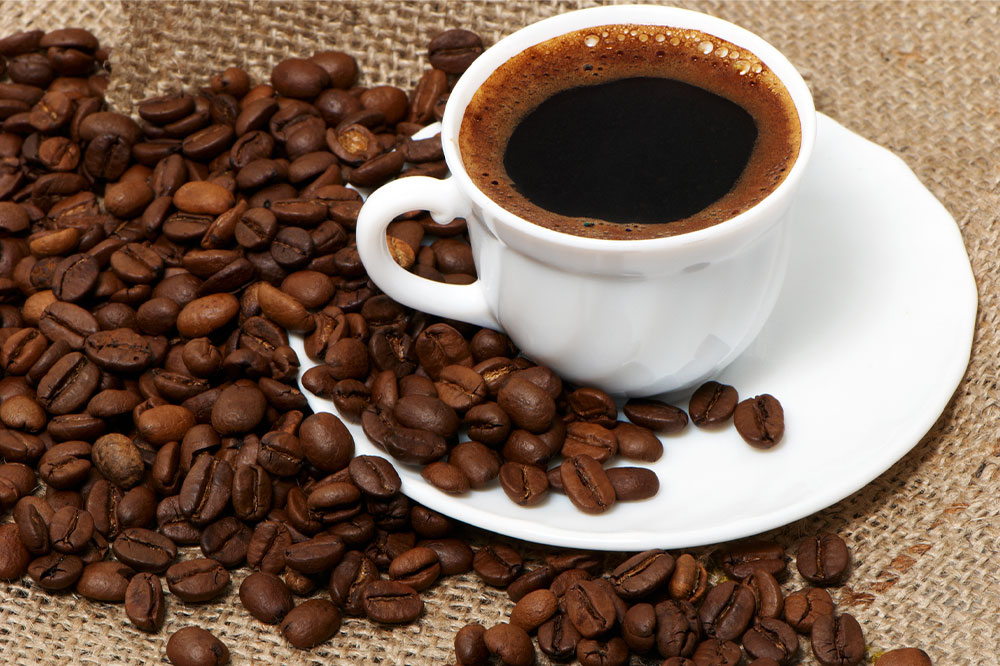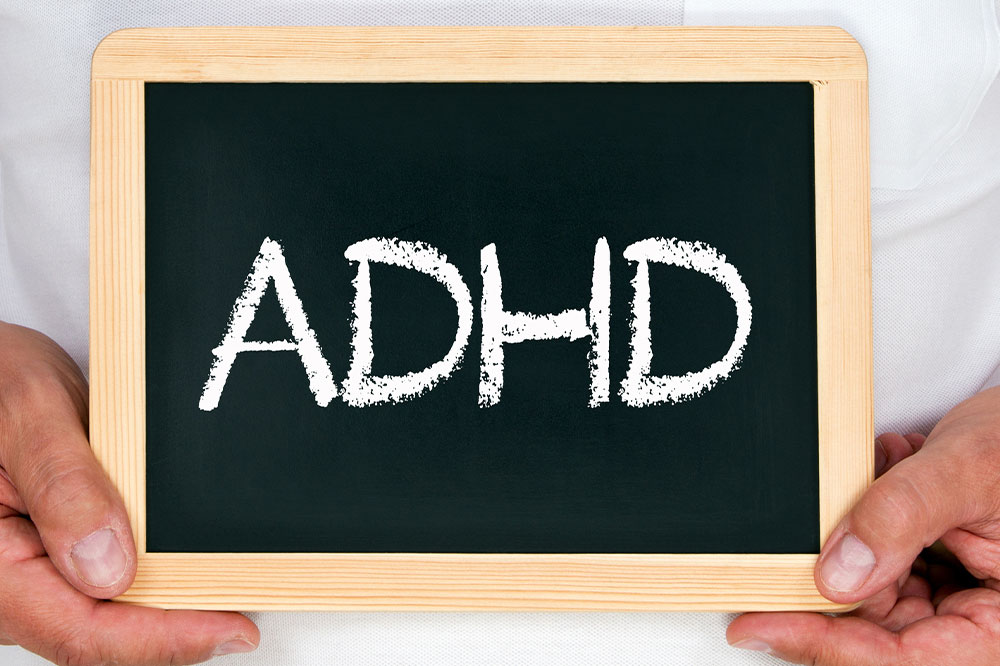Comprehensive Guide to Foods That Help or Hinder Anxiety Management
Over 40 million individuals battle anxiety, often overlooking the impact of diet on mental health. This comprehensive guide explores foods to avoid, including caffeine, sugar, and processed items, and highlights nutritious options like fermented foods and herbal teas. Proper nutrition, alongside exercise and mindfulness, can significantly help manage anxiety symptoms and promote overall mental wellness. Learn how strategic dietary habits can empower you to reduce anxiety naturally and improve your quality of life.

Key Dietary Considerations for Managing Anxiety Symptoms Effectively
In today's fast-paced world, millions of people—over 40 million in our country alone—struggle with anxiety disorders that can significantly impact their quality of life. While many turn to therapy, mindfulness practices, physical activity, or medication to cope, an often-overlooked aspect is the role of diet in mental health. The foods we consume can either alleviate or exacerbate anxiety symptoms. Understanding which foods to include and which to avoid is essential for anyone seeking a natural way to manage anxiety more effectively.
The Connection Between Diet and Anxiety Levels
When you're stressed or worried, your body responds by releasing cortisol, known as the stress hormone. Elevated cortisol levels are linked to increased heart rate, rapid breathing, and high blood pressure, all of which can intensify anxiety symptoms. Certain foods influence cortisol production, either helping to maintain its balance or causing it to spike, thereby affecting your mental state.
Processed foods high in trans fats, sugars, and artificial additives often lack vital nutrients that help regulate stress hormones. Conversely, foods rich in essential minerals, vitamins, and antioxidants support the body's ability to manage stress better. Insufficient intake of these nutrients may contribute to increased cortisol levels and heightened anxiety, as well as other health issues like metabolic syndrome, cardiovascular problems, diabetes, and depression.
Foods to Minimize or Avoid During Anxiety Management
Caffeine: Found in coffee, tea, energy drinks, and chocolates, caffeine stimulates the nervous system, which can cause heartbeat irregularities, insomnia, jitters, and tremors. It also impairs absorption of vitamin B6, a vital nutrient for mood regulation and nervous system health.
Sugar: Consuming sweets such as candies, pastries, and ice cream leads to rapid blood sugar spikes and subsequent crashes. This cycle results in feelings of fatigue, irritability, and increased anxiety, making it harder to maintain emotional stability.
Fried and Junk Food: Deep-fried items like fried chicken, chips, and fast-food pizzas are often low in nutritional value and difficult to digest. They can cause gastrointestinal discomfort and behaviors that mimic anxiety, such as waking up gasping or feeling uncomfortable, which can perpetuate stress episodes.
Refined Carbohydrates: White bread, white rice, and ordinary pasta lack fiber and essential minerals. Excessive consumption is linked to chronic disease risk and may be associated with increased feelings of anxiety and mood fluctuations.
Artificial Additives: Ingredients like aspartame, MSG, and synthetic dyes in processed foods have been linked with adverse mood changes, headaches, fatigue, and heightened anxiety symptoms.
Highly Processed Foods: Cured meats, canned soups, and salty snacks elevate blood pressure and stress hormone levels, intensifying anxiety. Moreover, chemical contaminants such as BPA found in some packaged foods can also impact mood and overall well-being.
To support mental health, especially for those vulnerable to anxiety, it is crucial to restrict or eliminate these foods from your diet. Consulting with healthcare professionals can help develop personalized nutritional strategies that optimize mental wellness. Integrating nutrient-dense, calming foods into your diet can make a significant difference in managing anxiety symptoms effectively.
Health-Promoting, Anxiety-Reducing Food Choices
Fermented foods such as kimchi, miso, sauerkraut, and kombucha which promote gut health and influence mood positively
Anti-inflammatory spices including turmeric and black pepper that help reduce inflammation linked to stress
Herbal teas like chamomile, lavender, lemon balm, and passionflower known for their calming effects
Fruits like blueberries, oranges, and avocados loaded with antioxidants and healthy fats that support brain health
Vegetables such as kale, spinach, and asparagus rich in magnesium and vital nutrients for reducing anxiety
Combining sound nutrition with regular physical activity, meditation, and mindfulness can further enhance mental health resilience. Additionally, identifying food allergies and sensitivities that can mimic or worsen anxiety symptoms is vital for comprehensive management. By making conscious dietary choices, individuals can empower themselves to reduce anxiety and improve overall well-being.





